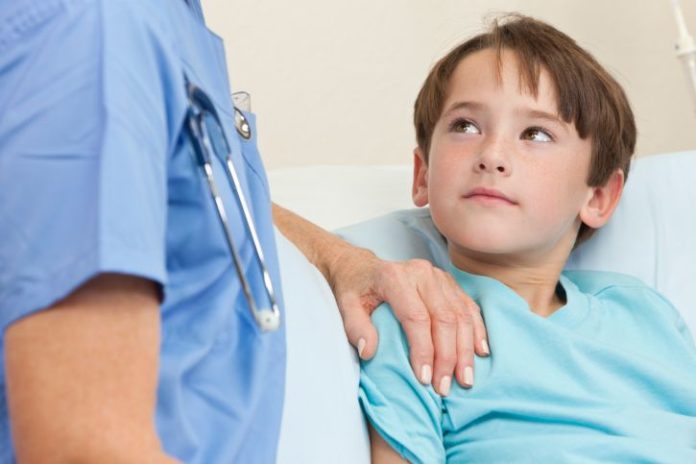An international survey of hospital emergency department (ED) staff has found a gap in knowledge when dealing with child traumatic stress and providing emotional support to children admitted to hospital after injury.
Through a survey of 2.648 hospital ED physicians and nurses from more than 80 countries, an international research team found knowledge and confidence gaps around child traumatic stress and mental health care, and a desire for more education.
Among the millions of children worldwide that sustain injuries requiring hospital care, around one in six go on to develop persistent stress symptoms, such as nightmares, concentration difficulties and negative thoughts, that can impair functioning and development.
Children’s distress related to pain, fear and memories of trauma as well as distress amongst family members are all important issues to address, according to recent international guidelines.
Lead researcher Dr Eva Alisic, from the Monash Injury Research Institute, said apart from physical care, medical providers play a key role in supporting injured children from a mental health perspective.
While the respondents saw psychosocial care as part of their job, only half of them knew that toddlers can develop trauma symptoms. About 40% recognised that children who behave calmly in the ED could still develop persistent stress later.
Almost all respondents (93%) wished to receive further education on psychological care for injured children with a minority confident on educating families about how to access mental health should the need arise.
Only 14% of the ED staff felt confident about educating children and families about traumatic stress reactions in contrast to 75% feeling confident about explaining medical procedures.
“Staff members told us they learn about emotional support mostly by trial and error, and by watching colleagues,” Dr Alisic said.
“These results show that we need a more systematic approach to teaching about the emotional aspects of emergency care, starting at medical and nursing school.”
Published in The Journal of Pediatrics, the survey is the first to assess staff through PERN – the international collaboration of Pediatric Emergency Medicine Research Networks.
(Source: Monash University, The Journal of Pediatrics)










